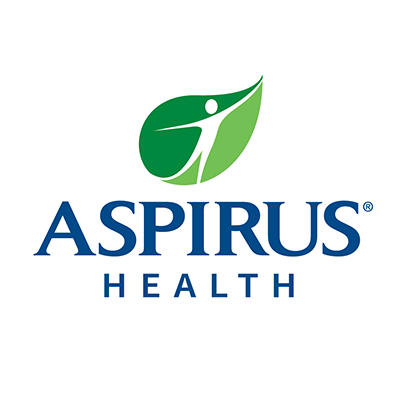September is Sepsis Awareness Month
Wednesday, September 28th, 2022 -- 9:00 AM

Every year at least 1.7 million adults in the U.S. develop sepsis, a potentially deadly condition that is striking more and more Americans as people with chronic diseases live longer, the population ages and resistance to antibiotics grows.
September is Sepsis Awareness Month. The awareness month aims to educate the public about the signs of sepsis to help prevent deaths. “Sepsis is the body’s extreme response to an ongoing infection and occurs when the immune system goes into overdrive to fight it,” says Alice Kristek, RN, Clinical Outcomes Nurse at Aspirus.
“It’s a life-threatening medical emergency and without timely treatment, sepsis can rapidly lead to organ damage, multiple organ failure and, in some cases, death.” Sepsis is a result of infection, and anyone can get an infection.
But sepsis is more likely to occur in people with chronic conditions like diabetes, lung disease, cancer, kidney disease or AIDS. Other people at high risk for sepsis include adults 65 or older, people with compromised immune systems, and children under the age of 1.
The symptoms of sepsis are similar to many other illnesses, which can make it difficult to diagnose in its early stages. If you have any reason to suspect that you have sepsis and are exhibiting any combination of the following symptoms, seek immediate medical attention:
- Fever or feeling very cold,
- Clammy or sweaty skin,
- Extreme pain or discomfort,
- High heart rate or low blood pressure,
- Shortness of breath,
- Confusion or disorientation.
People with sepsis are typically treated in a hospital intensive care unit. They're often given antibiotics and fluids. Some patients may also need a breathing tube, kidney dialysis or surgery to remove tissue damaged by the infection.
It's important to be on the lookout for sepsis. Knowing the symptoms is a good place to start. It's also crucial to:
- Prevent infections. Talk to your doctor or nurse about what you can do to reduce your risk of infections, especially if you have a chronic condition that increases your risk for sepsis. Also, be sure to get all recommended vaccines;
- Exercise good hygiene. Wash your hands frequently and keep cuts clean and covered until fully healed;
- Don't wait. Sepsis is a medical emergency. Call your doctor or go to the hospital immediately if you have an infection that's not getting better or if you suspect sepsis.
For more information, visit www.aspirus.org.
Feel free to contact us with questions and/or comments.




